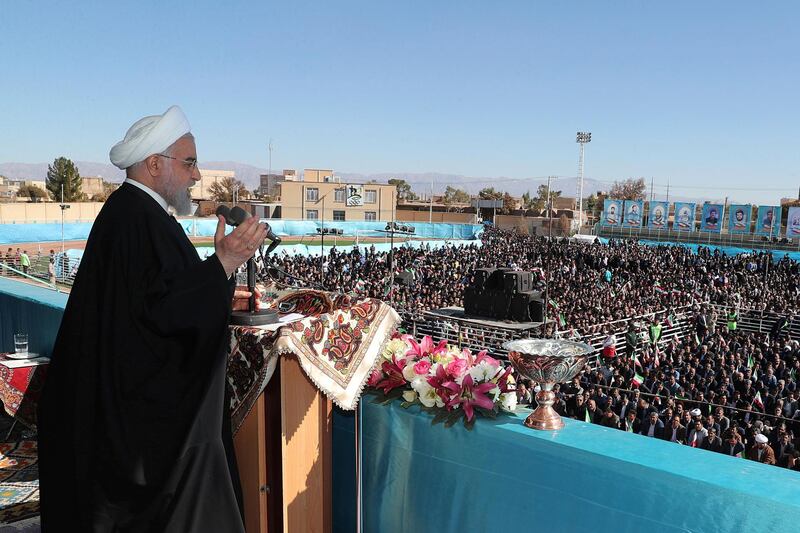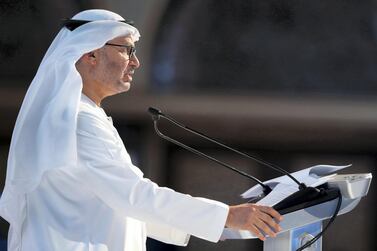European foreign ministers urged Iran to stick to the terms of the 2015 nuclear deal after the regime resumed uranium enrichment at its underground Fordow nuclear plant.
The ministers met in Brussels to try to keep the stricken agreement alive in the face of the US withdrawal last year and repeated breaches of its terms by Iran.
The EU powers that signed the 2015 Joint Comprehensive Plan of Action – Britain, France and Germany – were expected to signal what action should be taken.
The EU sees the nuclear pact as a key component of regional and global security and has struggled to stop the deal from unravelling since President Donald Trump pulled the US out of the agreement and triggered economic sanctions.
German Foreign Minister German Heiko Maas said: "We want to maintain the JCPOA but Iran has to finally return to its commitments and respect them."
The talks came as Iranian President Hassan Rouhani called on the country's hardliners to support the nuclear deal, saying it could open up international arms sales for the Islamic republic next year.
"If we save the nuclear deal, Iran's arms embargo will be lifted and we can buy weapons or sell our weapons to the world. This is one of the deal's significant impacts," Mr Rouhani said.
Under the terms of the deal, a United Nations-imposed arms embargo on Iran is expected to be lifted in October 2020, five years after the accord's adoption.
However, it remains unclear whether the UN would allow the ban to be lifted, given the circumstances the crumbling deal finds itself in today.
It was also unclear what the Europeans could do to keep the deal in place. A system is in place to protect European companies doing business in Iran from US sanctions, even though many remain reluctant because they fear being shut out of the more lucrative American market if they do.
The Netherlands' Foreign Minister Stef Blok said that he was "very worried about Iran's behaviour," after uranium gas was injected into centrifuges at Fordow last Thursday to produce low-enriched uranium to fuel nuclear power plants. Under the deal, Tehran was not supposed to do this at the site until 2030.







